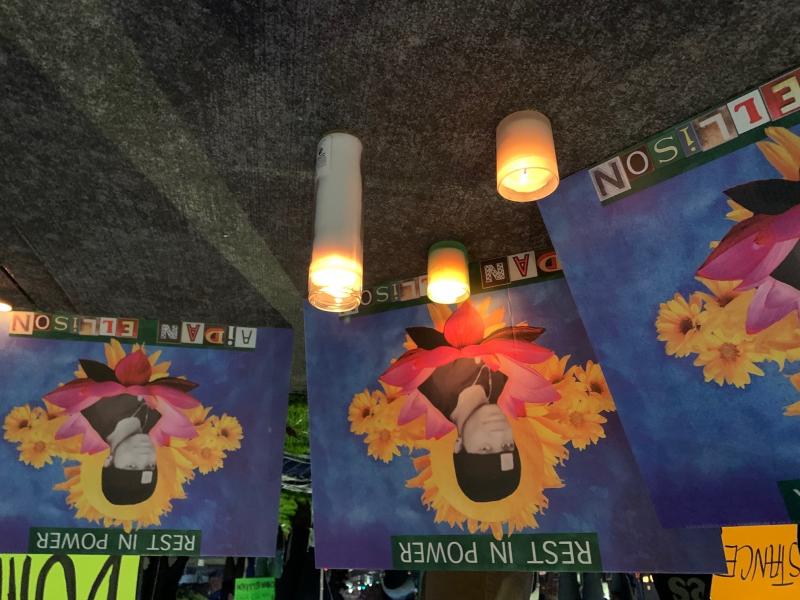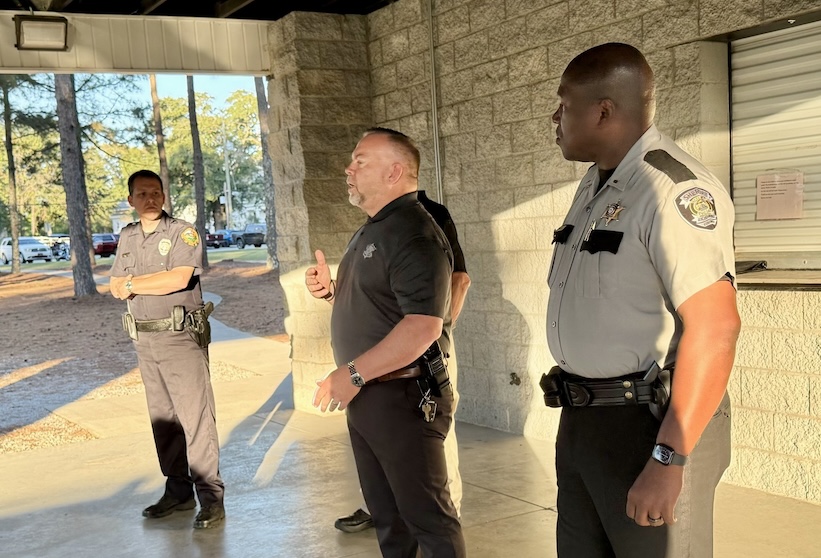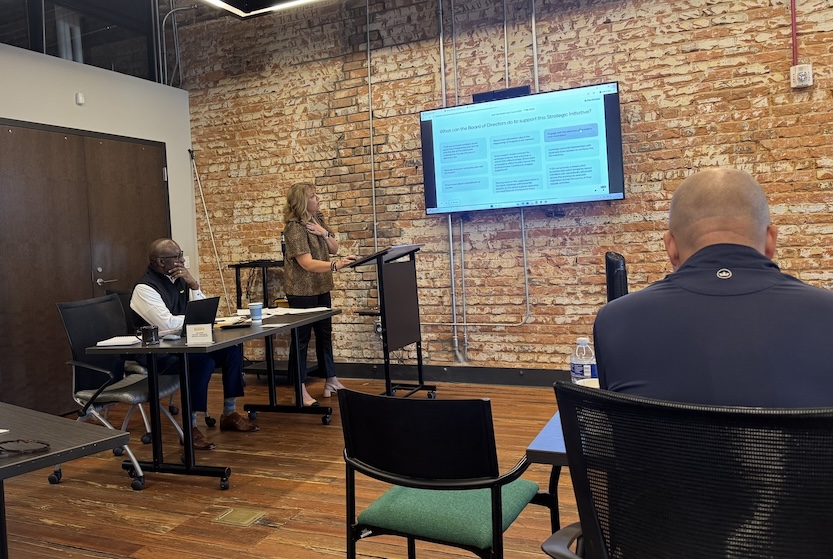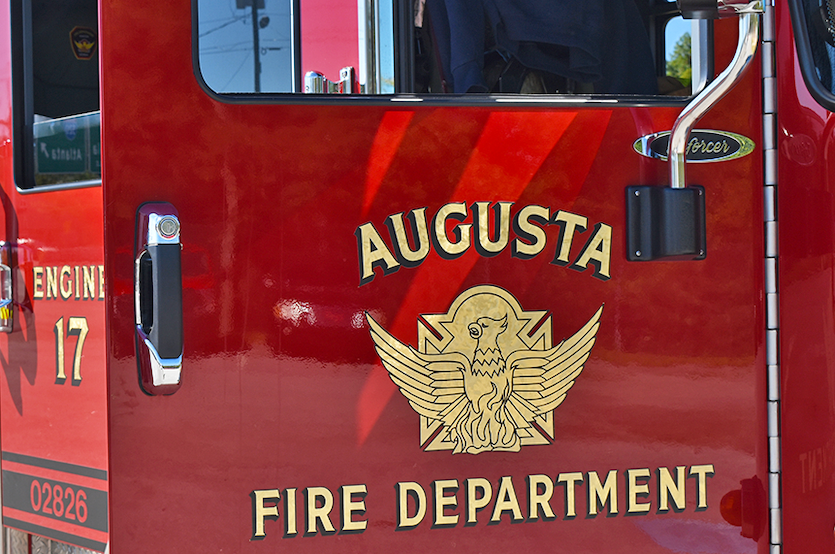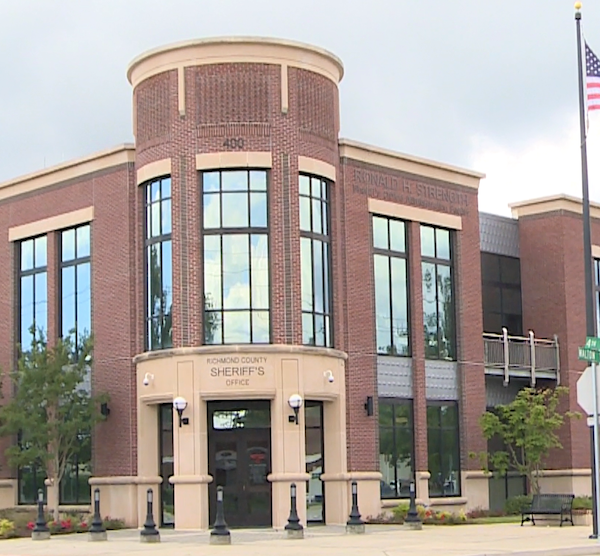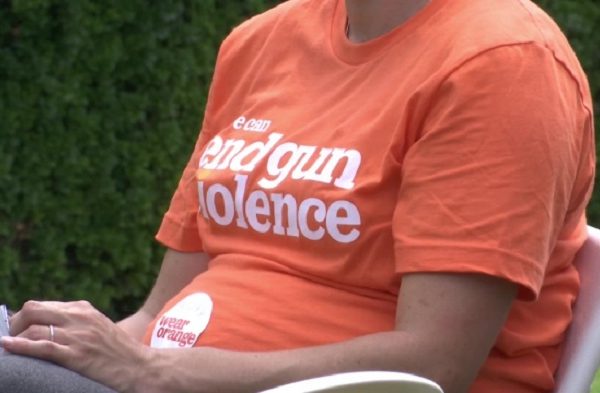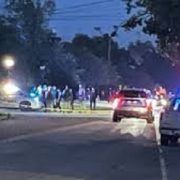Hundreds Gather In Medford To Remember Aidan Ellison
Black leaders organized the vigil near the footsteps of the Jackson County Courthouse in Medford. It was a way to send a message to the district attorney’s office: that there needs to be justice for 19-year-old Aidan Ellison’s death.
Among the crowd was D.L. Richardson, who’s lived in the Rogue Valley for more than 20 years. He says while many people in Ashland pride themselves on being inclusive, racism and hate crimes still exist here.
“It’s so prevalent right now and people are still not believing it is,” Richardson says. “And I think things like this obviously are going to bring attention to that, and help people understand it.”
Ellison was shot and killed on Nov. 23 by 47-year-old Robert Keegan of Talent, who now faces charges of second-degree murder, first-degree manslaughter, recklessly endangering another person, and unlawfully carrying and concealing a handgun.
Keegan and Ellison were both guests at the Stratford Inn in Ashland when Keegan awoke around 4 a.m. to music coming from the parking lot, according to the probable cause affidavit filed with the court. After the two argued over Ellison’s music, Keegan retrieved a gun from his room and returned to the parking lot, where he shot Ellison in the chest.
Much of this region is predominately white; according to census data, about 80 percent of the population in Jackson County identifies solely as white. About two percent are Black or Black and another race.
A handful of racial equity groups have formed in the county since George Floyd’s death in Minneapolis in May. Those groups have organized events to educate people about racism in Southern Oregon, including a pair of Black Lives Matter marches that brought hundreds of people to Medford’s streets and a demonstration in the small town of Rogue River, where counter-protesters came heavily armed.
Many Black leaders say there’s more work to be done to address systemic racism in this region. That includes Kayla Wade, who founded the Southern Oregon Coalition for Racial Equity. Wade helped organize Ellison’s vigil.
“We’re here because a white man thought that a young Black kid just expressing himself and listening to music and decompressing was unacceptable and needed to be dealt with,” Wade said to the crowd on the courthouse steps. “And we’re here because every person of color, every Black person in this community, has experienced something like that: having a white person decide that how we’re living our lives is unacceptable and that we need to tone it down or need to be silenced. If we want to live in a world where we can exist with dignity, something has to change.”


